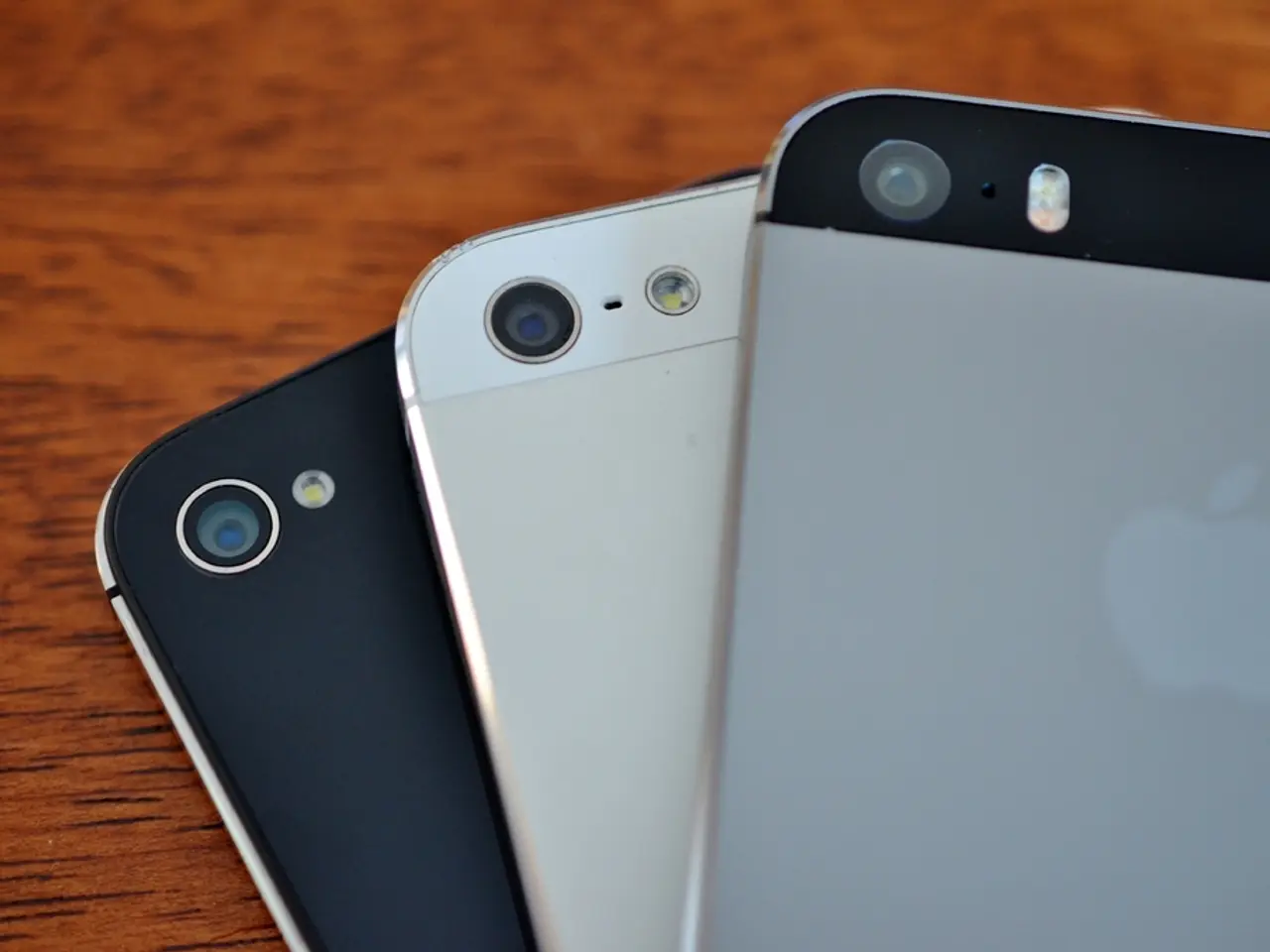Expanding the Scope of Stroke and Neurological Care Via Telemedicine
In a significant stride towards improving healthcare accessibility, UR Medicine has expanded its remote neurological care services across upstate New York. The expansion, primarily driven by telemedicine, aims to enhance the management and treatment of neurological conditions in hospitals, particularly in rural or underserved settings.
The new telemedicine neurology initiative allows neurologists at UR Medicine to diagnose and treat a wide array of neurological disorders, including multiple sclerosis and Parkinsonism. This approach has shown promising results in improving patient adherence to treatments and managing symptoms, such as fatigue. Telemedicine has also reduced cancellations and increased follow-through on care plans, benefiting both patients and healthcare providers.
One of the key components of this expansion is the implementation of remote digital monitoring programs. For instance, UR Medicine has introduced quantitative digital gait (QDG) monitoring for Parkinsonism and tremor disorders, enabling continuous assessment remotely. This system, initially requiring researcher involvement for setup, has now expanded to remote training and device shipment, broadening its reach and accessibility.
Hospitals across upstate New York are reaping the benefits of this telehealth and remote monitoring services. They now have access to subspecialty neurological expertise they may otherwise lack on-site, enabling timely, expert neurological care and supporting better health outcomes in their communities.
The success of the program is evident in its widespread acceptance. Hospital staff, patients, and families have welcomed the telemedicine services with open arms. The UR Medicine telestroke program, a dedicated team of stroke specialists available 24/7 for consultations via phone or video, has played a crucial role in this acceptance.
The telestroke program expanded in 2019 to provide remote inpatient care for non-stroke neurological conditions, and it has helped several partner hospitals receive Primary Stroke Center certification from the Joint Commission. The program's growth has created one of the more comprehensive hub-and-spoke networks in the nation for remote neurological care, now providing services to 16 hospitals across upstate New York.
The COVID-19 pandemic has further accelerated the need to expand telestroke and teleneurology services to more hospitals. UR Medicine's team, led by Dr. Curtis Benesch and now directed by Dr. Adam Kelly, is excited about the potential for further accomplishments in this area moving forward. They look forward to continuing to provide high-quality remote acute and inpatient neurological care and contributing to improved health outcomes in upstate New York.
References: 1. Telemedicine Neurology 2. Remote Digital Monitoring 3. Medicare Policies and Reimbursement Structures 4. Hospital Collaboration
Read also:
- Federal Funding Supports Increase in Family Medicine Residency Program, Focusing on Rural Health Developments
- Potential Role of DHA in Shielding the Brain from Saturated Fats?
- Alternative Gentle Retinoid: Exploring Bakuchiol Salicylate for Sensitive Skin
- Hanoi initiates a trial program for rabies control, along with efforts to facilitate the transition from the dog and cat meat trade industry.







